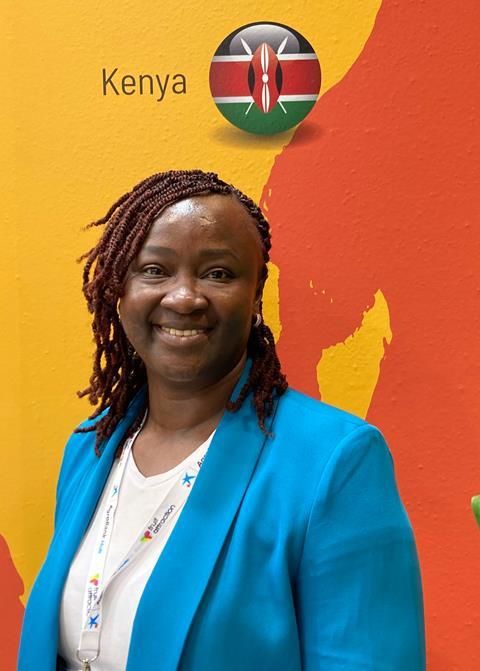Significant rainfall was good news for this year’s avocado crop in Kenya, but increased transit times to Europe have created headaches for exporters
For Jane Wangui, commercial director at Kenyan grower-exporter Sasafresh, the recent avocado season has been a success on the production side, but a major headache logistically.

“We do avocados, mangoes and passion fruit,” she told Fruitnet. “We grow ourselves on our farm in Makuyu, in central Kenya, and we also work with outside growers.”
The company consolidates produce from smaller farmers, helping them to adopt good agricultural practices in order to guarantee top quality fruit exports.
“Europe is our main market,” said Wangui. “We have been doing very well with avocados to Germany, and we send passion fruit to the Netherlands and mangoes to the Middle East.”
Of course, the company’s avocado exports to Europe have been complicated by the continuing issues in the Red Sea. “Our shipments are taking longer to get into Europe,” she explained. “Initially we had a transit time of 21 days. Now it is 37-40 days.”
With more time spent in transit, the shelf-life of the fruit is reduced. “When it arrives, the fruit has to be sold more quickly,” said Wangui. “It’s a big difference, but thankfully we are helped by a lot of technology. We are now using MCP treatment for containers, which helps to preserve the fruit so that it arrives in a better condition.”
For Sasafresh, part of the difficulty is not knowing when the situation will be resolved. “We really have no control over anything, which is very frustrating,” revealed Wangui. “Our government is working to gain access to more markets in Asia since that route isn’t affected by the Suez Canal problem.”
Following a long period of drought, Kenya has enjoyed significant rain this year, which has served to prolong the avocado season. “Usually by now we don’t have any fruits,” said Wangui, “but because of the rainfall we’ve seen, production has been better. We’ve also had bigger sizes because the trees had enough water. It’s been a good year on the production side. What is now failing us is the logistics side.”



